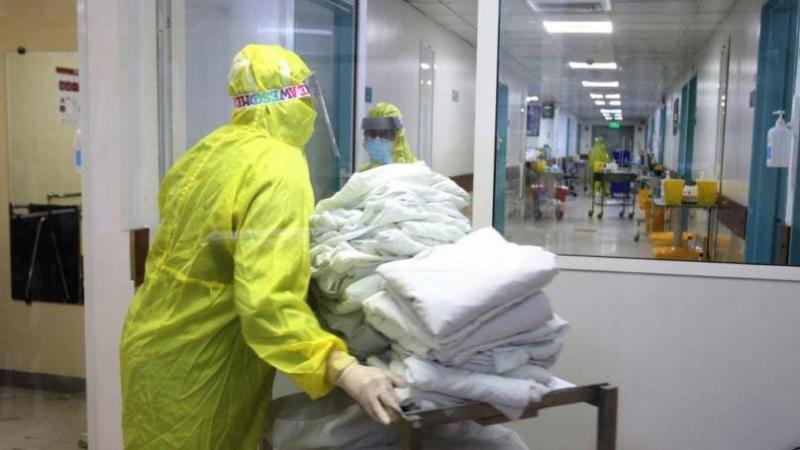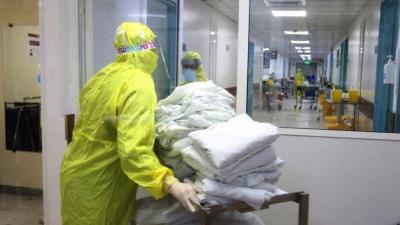Now that "cholera" has become a reality for the Lebanese, as it is for all people around the world, facing it with preventive measures first, awareness is the strongest weapon that must always be present to understand the seriousness of infection spread and the absence of protective measures. Infectious diseases doctor Michal Sleiba indicated that "cholera is caused by a bacterium called (Vibrio cholerae) that affects the digestive system and causes severe diarrhea resulting in dehydration with a rise in temperature, leading to significant fluid loss. If infection occurs and the patient does not receive appropriate treatment, he is at risk of death within a few hours."
Sleiba explained in an interview with the electronic newspaper "Al-Anbaa" that the cholera vaccine exists, especially in places where this disease is prevalent, adding, "I do not believe it is available in Lebanon, and this vaccine is given to individuals before exposure to the infection. A cholera patient should be isolated as it is a contagious disease, and necessary precautions should be taken, such as washing hands with soap and water, and washing vegetables for at least twenty seconds with boiling water."
Sleiba stressed that "those caring for a cholera patient should be cautious and avoid touching their mouth while working with the infected individual and should wash their hands, remove their clothes, and put them in the washing machine at a high temperature." Regarding preventive measures, she said: "Surrounding the patient should be cleaned with water and chlorine, and the patient should use a special toilet. Cholera results from consuming food or drinking water contaminated with cholera bacteria, and water should be taken from sealed bottles, not open ones. Food should be washed well at high temperatures, and fruits should be peeled before consumption. Food should be cooked at high temperatures since the virus dies at high heat."
Sleiba noted that the patient should consult a doctor to confirm their condition and whether their infection is severe, adding, "There is treatment that starts with fluids, and if the patient is in a state of severe dehydration, they are given serum in the hospital or in the health centers designated by the state to prevent the infection from spreading in hospitals. The patient is also given antibiotics according to their condition, which is determined by an infectious diseases doctor." This is a set of advice and guidelines that must be followed and reviewed to avoid any complications for infected individuals that could jeopardize their lives... so beware of negligence.




